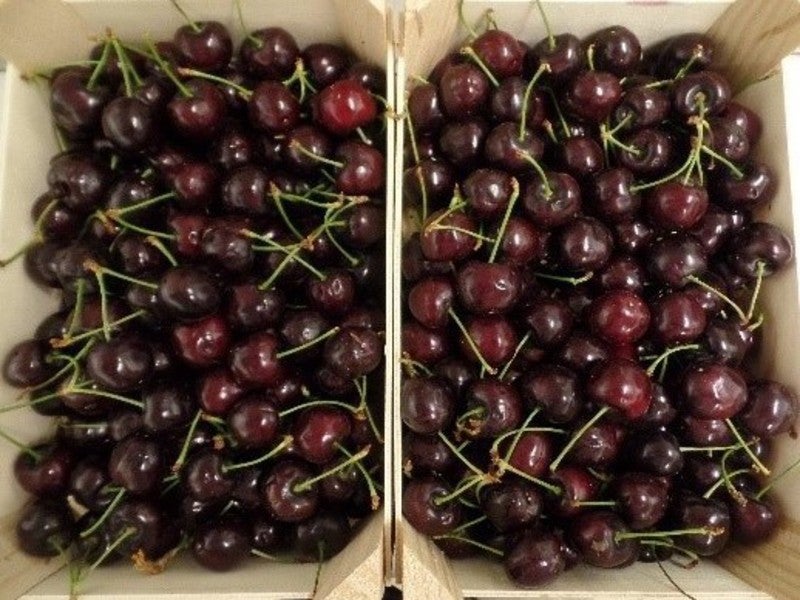
An EU-backed project, known as NanoPack, has exhibited the ability of its antimicrobial film to enhance the shelf life of fresh cherries.
Tests revealed that fresh cherries packed in NanoPack antimicrobial film showed 40% longer shelf life. The cherries contained a low concentration of various natural essential oils.
The project’s research team packed the cherries in bags made of NanoPack and commercial film.
These bags were stored at the same holding temperature for a period of 14 days before being transferred to an ambient temperature for four days.
Results showed the shelf life of the cherries packed in NanoPack film bags increased by two days.
The study has found that only 33% of the cherries packed in the commercial film were saleable, while the corresponding figure for NanoPack stood at 73%.
According to NanoPack, the two-day increase in shelf life represents an added value of 40% increase in saleability.
The film also had a greater impact on the shelf life of bread and baked products.
Results indicated that the shelf life of some baked goods doubled in comparison to those packed in traditional plastics packaging.
NanoPack scientific team member Elisa Valderrama García said: “We are experimenting with a wide range of products – fresh produce, breads and pastries, as well as dairy and meat proteins.
“This means we must identify the best combination and concentration of essential oils as well as the most appropriate packaging format for each.”
Funded by the EU Horizon 2020 scheme, the project intends to provide better fresh produce, bakery products and proteins, by producing packaging to extend their shelf-life and quality.
A key aim of the project is to introduce nanotechnologies into flexible packaging.
The project involves slowing down microbial growth using nanotechnologies in order to extend the shelf life of perishable products. It is expected to reduce food waste caused by early spoilage and improve food safety for consumers.
The three-year development of the technology is now entering its final year.
NanoPack aims to have a viable nanotechnology-based flexible film for commercialisation by the end of this year.



